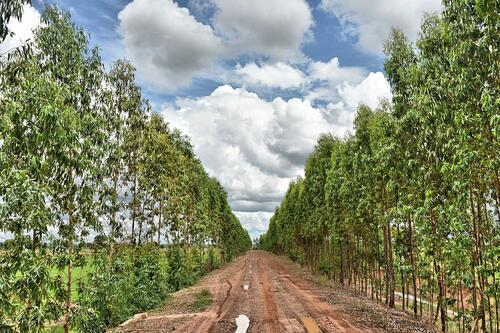ASEAN Green washing on ‘Road to Net Zero’?

ASEAN Green washing on 'Road to Net Zero'?
Climate change is threatening Southeast Asia’s ability to stay competitive in the global market as threats of warming climates, extreme weather, and rising sea levels threaten the region’s place in the global supply chain. The project is entitled, Southeast Asia’s Green Economy: Opportunities On The Road To Net Zero. It lays out a strategic plan based on reports from consultancy firm Bain and Microsoft. The project takes a three pronged approach through “speeding up the switch to green energy and transport; putting a value on nature; and making the agri-food sector more efficient, less polluting and less environmentally damaging.” The project requires $2.7 trillion USD to embark on and promises a $1 trillion return and a 6-8% growth in the region’s gross domestic product by 2030. The plan outlines a shift from extractive resource practices. While $2 trillion could be a start in making the transition, the authors note that only $9 billion was spent on green projects in 2020. Unlike western countries, 40% of the funding for these projects would need to come from the private sector.
Is the only clear path to environmentalism possible when it is imperative in maintaining a competitive position in the global manufacturing of commodities? Rainforests can be transformed from stocks of valuable hardwood to be sold in international markets to valuable natural assets that lock away billions of tonnes of carbon, just with the shift of perspective aided by a consulting firm. The generality of the label ‘SEA’ used in these articles speaks to the way in which consulting firms and advisors come from outside and propose a plan, declaring that change is imperative in order to slow/stop global climate change, while the complexity of the relations between these nations is entirely omitted. ‘SEA’ has a supposed obligation to cut its share of global emissions by x% such that the temperature levels will remain tenable for the perpetuation of global trade. It is a fallacy. This unattached approach completely lacks nuance and a human understanding of what it would take on a national, not to mention international level to agree upon these goals and then systematically carry out a ten year plan to achieve them. Reports such as these do little other than give people a moment of relief as the comfort of knowing ‘someone has a plan’ and that if only everyone followed suit that things would be ok.
https://www.bain.com/about/media-center/press-releases/sea/southeast-asias-green-economy-2021/